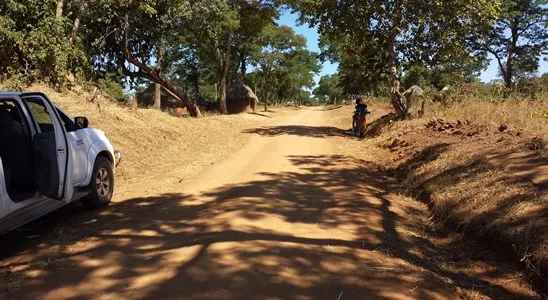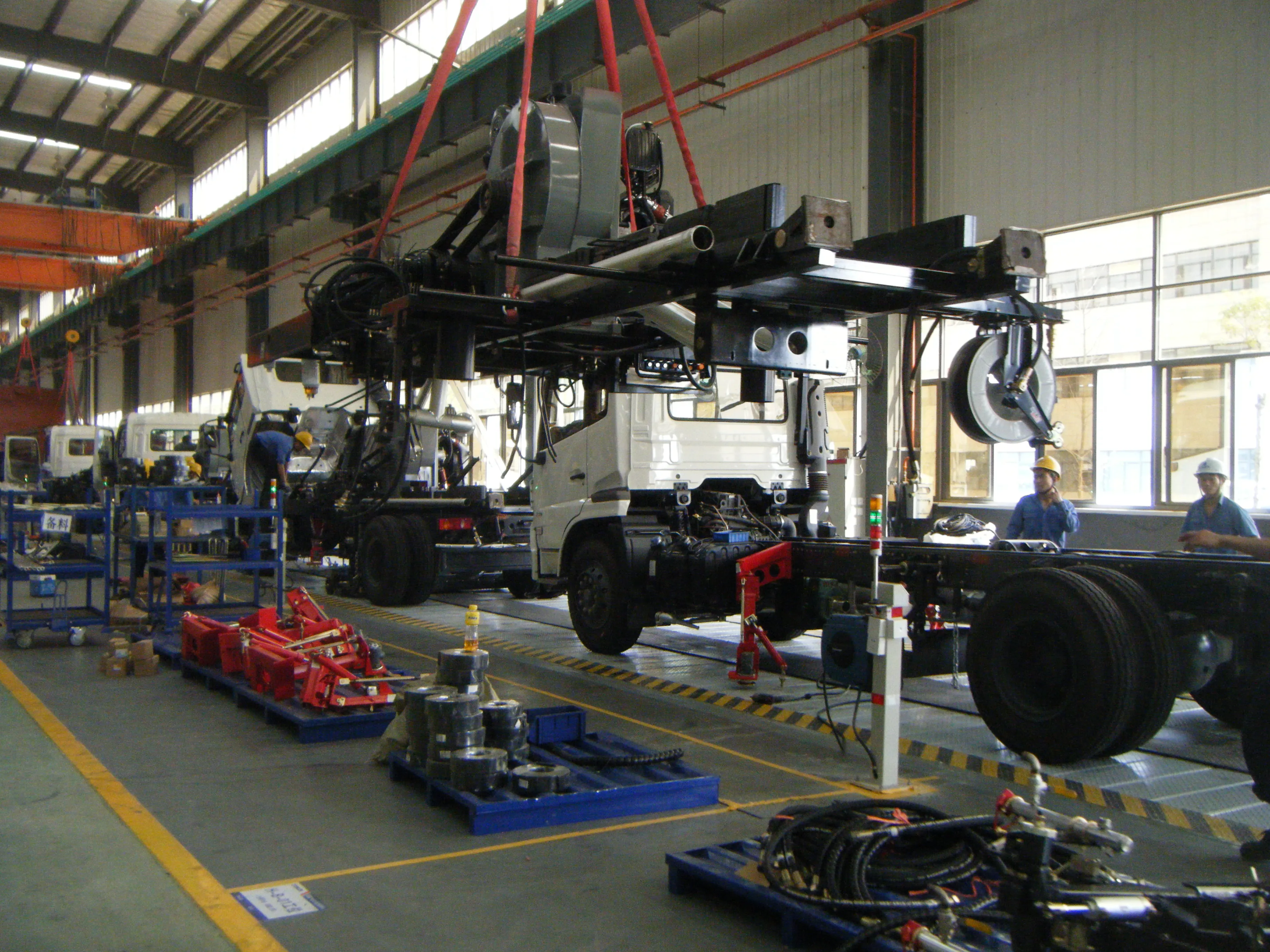Infrastructure consultancy Louis Berger is to provide services worth US$7.6 million for the rehabilitation of Mozambique’s National Road N303. The Sub-Saharan Regional Pipeline Corporation awarded the contract for work on the 350km narrow and unpaved carriageway that crosses Tete province. SSRPC is investing $350 million to upgrade the road that starts at the Zambezi River, where Mozambique, Zambia and Zimbabwe have a common border. The modernised road will be the shortest link to a railway under constructi
February 19, 2015
Read time: 2 mins

Infrastructure consultancy Louis Berger is to provide services worth US$7.6 million for the rehabilitation of Mozambique’s National Road N303.
The Sub-Saharan Regional Pipeline Corporation awarded the contract for work on the 350km narrow and unpaved carriageway that crosses Tete province. SSRPC is investing $350 million to upgrade the road that starts at the Zambezi River, where Mozambique, Zambia and Zimbabwe have a common border.
The modernised road will be the shortest link to a railway under construction between the coal-rich province of Tete and the northern port of Nacala Porto, the deepest port in southern Africa. The road will offer a more cost-effective transportation solution, importantly for mineral resources, particularly copper exports.
Nacala is also the nearest port for landlocked Malawi, which is connected by a 960km railway line.
The overall project will widen the road and reinforce highway structures. Specific improvements will include alignment, pavement and signage design; drainage and ancillary works; as well as the rehabilitation of 19 bridges. Louis Berger will provide design services for the development of feasibility, environmental and social impact assessment and resettlement studies.
SSRPC is completing the work under a type of public-private partnership with the government of Mozambique’s National Roads Directorate.
“The rehabilitation of the N303 is vital not only for Mozambique but for the region as a whole,” said Jean-Pierre Dupacq, head of Louis Berger’s operations in Africa. “The modernised road will greatly boost the local economy, which is mainly dependent on coal mining, by allowing the development of local small-scale enterprises along the road.”
Upgrading the N303 comes just as the government opened a new $1 billion port and coal terminal across the deepwater Nacala Bay, opposite Nacala Porto. The port, called Nacala a Velha, will in its first phase have an annual handling capacity of 14.5 million tonnes of coal delivered from the mines in the Moatize coal basin in Tete province.
Louis Berger has been working for 25 years in Mozambique, where the firm said it has implemented around 50 projects. The public and private sector-funded contracts cover a range of professional services in transport, environment, water and sanitation, agriculture, power, telecommunications and health.
The Sub-Saharan Regional Pipeline Corporation awarded the contract for work on the 350km narrow and unpaved carriageway that crosses Tete province. SSRPC is investing $350 million to upgrade the road that starts at the Zambezi River, where Mozambique, Zambia and Zimbabwe have a common border.
The modernised road will be the shortest link to a railway under construction between the coal-rich province of Tete and the northern port of Nacala Porto, the deepest port in southern Africa. The road will offer a more cost-effective transportation solution, importantly for mineral resources, particularly copper exports.
Nacala is also the nearest port for landlocked Malawi, which is connected by a 960km railway line.
The overall project will widen the road and reinforce highway structures. Specific improvements will include alignment, pavement and signage design; drainage and ancillary works; as well as the rehabilitation of 19 bridges. Louis Berger will provide design services for the development of feasibility, environmental and social impact assessment and resettlement studies.
SSRPC is completing the work under a type of public-private partnership with the government of Mozambique’s National Roads Directorate.
“The rehabilitation of the N303 is vital not only for Mozambique but for the region as a whole,” said Jean-Pierre Dupacq, head of Louis Berger’s operations in Africa. “The modernised road will greatly boost the local economy, which is mainly dependent on coal mining, by allowing the development of local small-scale enterprises along the road.”
Upgrading the N303 comes just as the government opened a new $1 billion port and coal terminal across the deepwater Nacala Bay, opposite Nacala Porto. The port, called Nacala a Velha, will in its first phase have an annual handling capacity of 14.5 million tonnes of coal delivered from the mines in the Moatize coal basin in Tete province.
Louis Berger has been working for 25 years in Mozambique, where the firm said it has implemented around 50 projects. The public and private sector-funded contracts cover a range of professional services in transport, environment, water and sanitation, agriculture, power, telecommunications and health.








